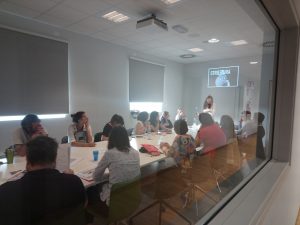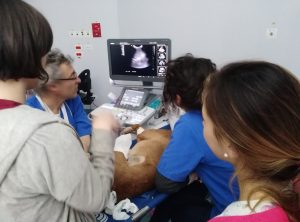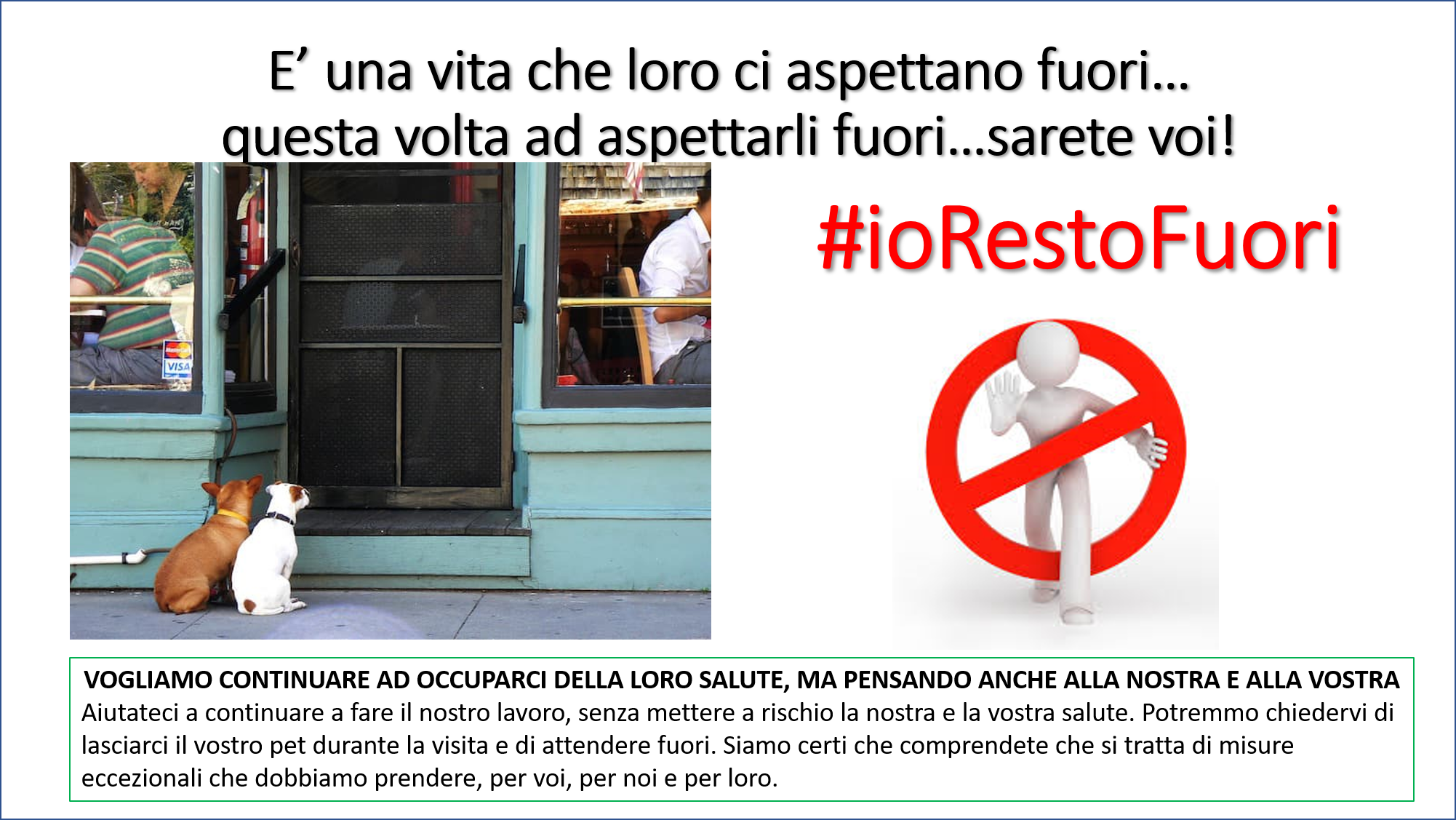Frequency of DEA 1 antigen in 1037 mongrel and PUREBREED dogs in ITALY
Carli E1, Carminato A2, Ravagnan S3, Capello K3, Antognoni MT4, Miglio A4, Furlanello T5, Proverbio D6, Spada E6, Stefani A3, Mutinelli F3, Vascellari M3
Frequency of DEA 1 antigen in 1037 mongrel and PUREBREED dogs in ITALY
BMC Vet Res. 2017 Nov 29;13(1):364. doi: 10.1186/s12917-017-1286-y
Scarica pubblicazione
Abstract
BACKGROUND
The prevalence of dog erythrocyte antigen (DEA 1) in canine population is approximately 40-60%. Often data are limited to a small number of breeds and/or dogs. The aims of this study were to evaluate frequency of DEA 1 in a large population of purebred and mongrel dogs including Italian native breeds and to recognize a possible association between DEA 1 and breed, sex, and genetic and phenotypical/functional classifications of breeds. Frequencies of DEA 1 blood group collected from screened/enrolled blood donors and from healthy and sick dogs were retrospectively evaluated. The breed and the sex were recorded when available. DEA 1 blood typing was assessed by immunocromatographic test on K3EDTA blood samples. The prevalence of DEA 1 antigen was statistically related to breed, gender, Fédération Cynologique Internationale (FCI) and genotypic grouping.
RESULTS
Sixty-two per cent dogs resulted DEA 1+ and 38% DEA 1-. DEA 1- was statistically associated with Dogo Argentino, Dobermann, German Shepherd, Boxer, Corso dogs, the molossian dogs, the FCI group 1, 2 and 3 and the genetic groups “working dogs” and “mastiff”. DEA 1+ was statistically associated with Rottweiler, Briquet Griffon Vendéen, Bernese mountain dog, Golden Retriever, the hunting breeds, the FCI group 4, 6, 7 and 8 and the genetic groups “scent hounds” and “retrievers”. No gender association was observed.
CONCLUSIONS
Data obtained by this work may be clinically useful to drive blood donor enrollment and selection among different breeds.






 Il Direttore Sanitario Dott. Marco Caldin
Il Direttore Sanitario Dott. Marco Caldin